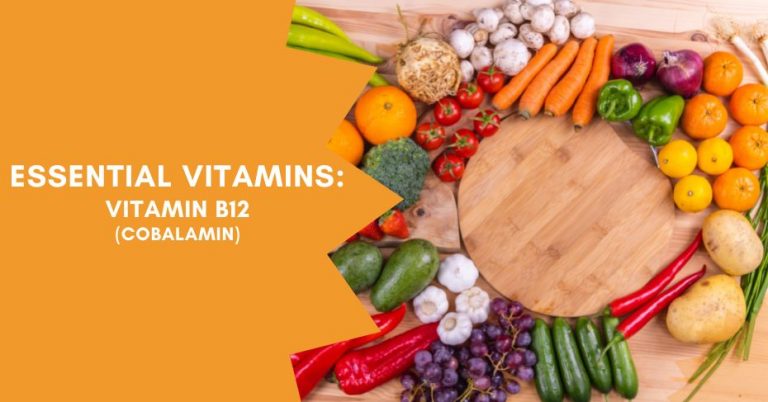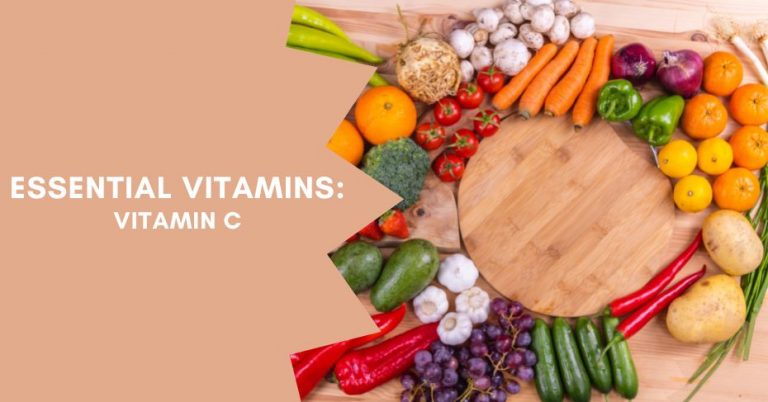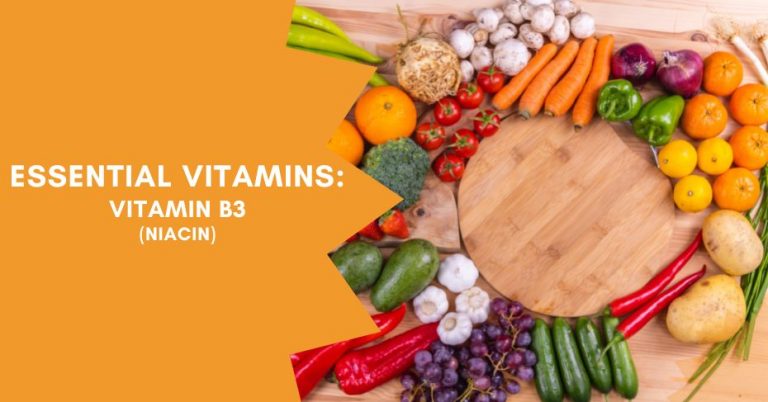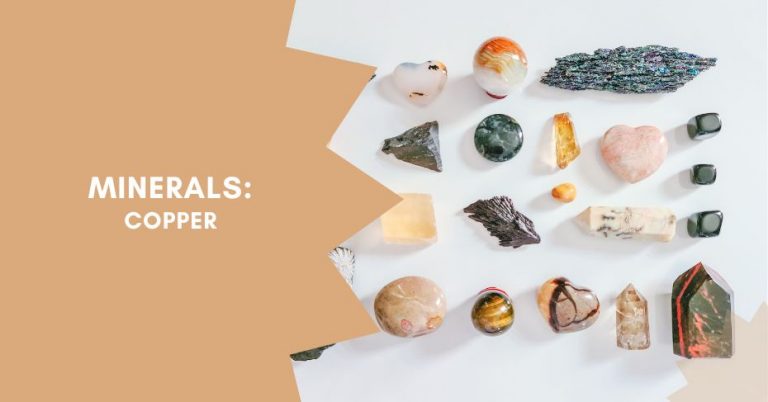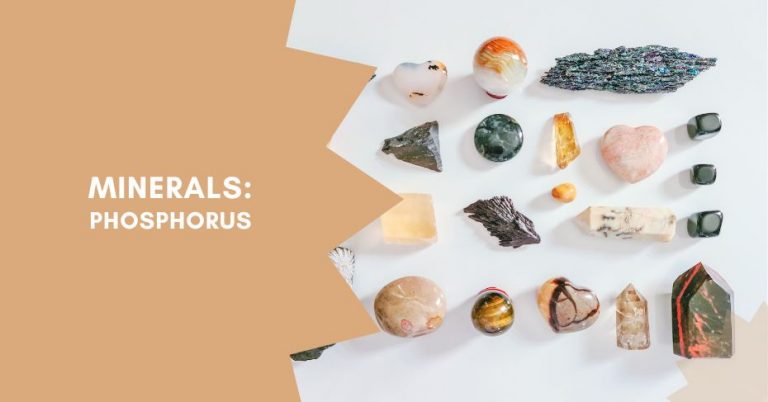Vitamin K is an essential vitamin found in many foods. It plays a vital role in helping your body with blood clotting, bone formation, heart health, and more. Although it’s not as well-known as other vitamins, such as Vitamin C or Vitamin D, it’s important to understand the role Vitamin K plays in keeping us healthy. Let’s take a closer look at why this nutrient is so important.
What Does Vitamin K Do?
Vitamin K helps the body form blood clots by activating proteins known as clotting factors. Without clotting factors, bleeding can become uncontrolled and devastatingly dangerous. It also helps with bone formation by allowing for calcium absorption, which helps build stronger bones over time. Finally, vitamin K has been linked to reducing inflammation in the body and reducing oxidative stress—a condition caused by too many free radicals in the body—which can be extremely damaging to cells, tissues, and organs if left unchecked.
Health Benefits of Vitamin K
Vitamin K has numerous health benefits, including:
• Helps blood clot – Vitamin K helps your body form clots when you are injured or bleed so that you don’t lose too much blood. Without enough vitamin K in your system, even minor injuries could result in excessive bleeding or bruising which can be dangerous if left untreated.
• Aids in bone health – Vitamin K helps strengthen bones by increasing calcium absorption rate which helps prevent osteoporosis and other conditions that weaken bones over time.
• Promotes heart health – Studies have shown that getting enough vitamin K can reduce the risk of coronary artery disease as well as stroke due to its ability to reduce calcification in arteries which leads to better circulation throughout the body.
• Improves skin health – VitaminK can help improve skin elasticity which prevents wrinkles from forming prematurely and reduces signs of aging such as dark circles under eyes or age spots on hands or face.
• Boosts immunity – Getting an adequate amount of vitaminK can help boost your immune system by increasing white blood cell production which helps fight off infections more quickly and effectively than without it.
Where Can I Find Vitamin K?
Vitamin K is found naturally in many different foods such as leafy green vegetables (kale, spinach), broccoli, cabbage, Brussels sprouts, fish oil supplements, eggs, cheese, yogurt, beef liver and other animal products like pork or chicken. Additionally, there are many fortified food sources that contain added vitamin K such as some breakfast cereals or certain kinds of orange juice.
Vitamin K Deficiency
If you aren’t getting enough vitamin K from your diet or lifestyle then you may develop a deficiency over time. Symptoms of a deficiency may include easy bruising or bleeding gums due to lack of blood clotting factors activated by vitamin K intake. If you think you may have a deficiency it’s important to consult with your doctor for proper diagnosis and advice on ways to increase your vitamin k intake safely through diet or supplements as needed.
How Does Vitamin K Help Us?
Vitamin K helps the body form clots to stop bleeding when we get injured or cut ourselves. This process requires proteins that are activated by Vitamin K. Without enough of this vitamin, our bodies can’t form clots properly and we may experience excessive bleeding and bruising. In addition to helping with blood clotting, Vitamin K also helps maintain strong bones and teeth by helping the body absorb calcium from food. It also helps regulate how much calcium is stored in our bones so that our bones stay healthy over time. Finally, research suggests that Vitamin K may help protect against heart disease by reducing inflammation in the arteries and preventing plaque buildup on artery walls.
Bottom Line
In conclusion, vitamin K is an essential nutrient that can help protect against excessive bleeding due to its ability to activate clotting factors in the body as well as promoting healthy bone formation through better calcium absorption. To ensure that you get enough vitamin k into your system it’s important to get familiar with food sources rich in this nutrient or use dietary supplements when needed under doctor supervision if needed. With these tips in mind we hope that you now see why understanding the importance of vitamin k is so important for maintaining good health!

